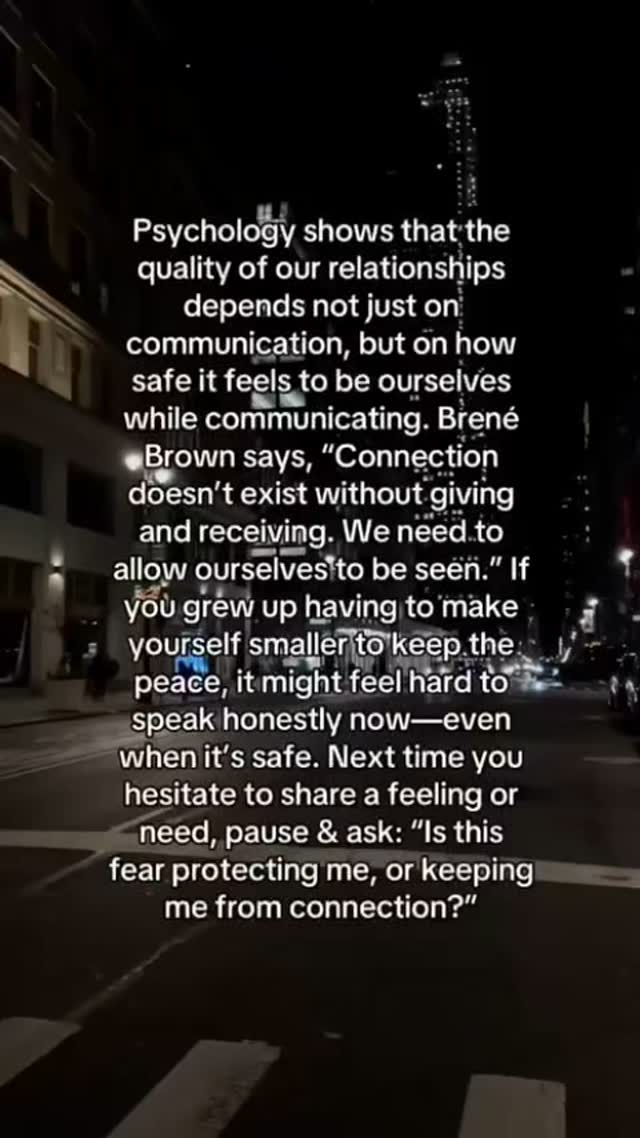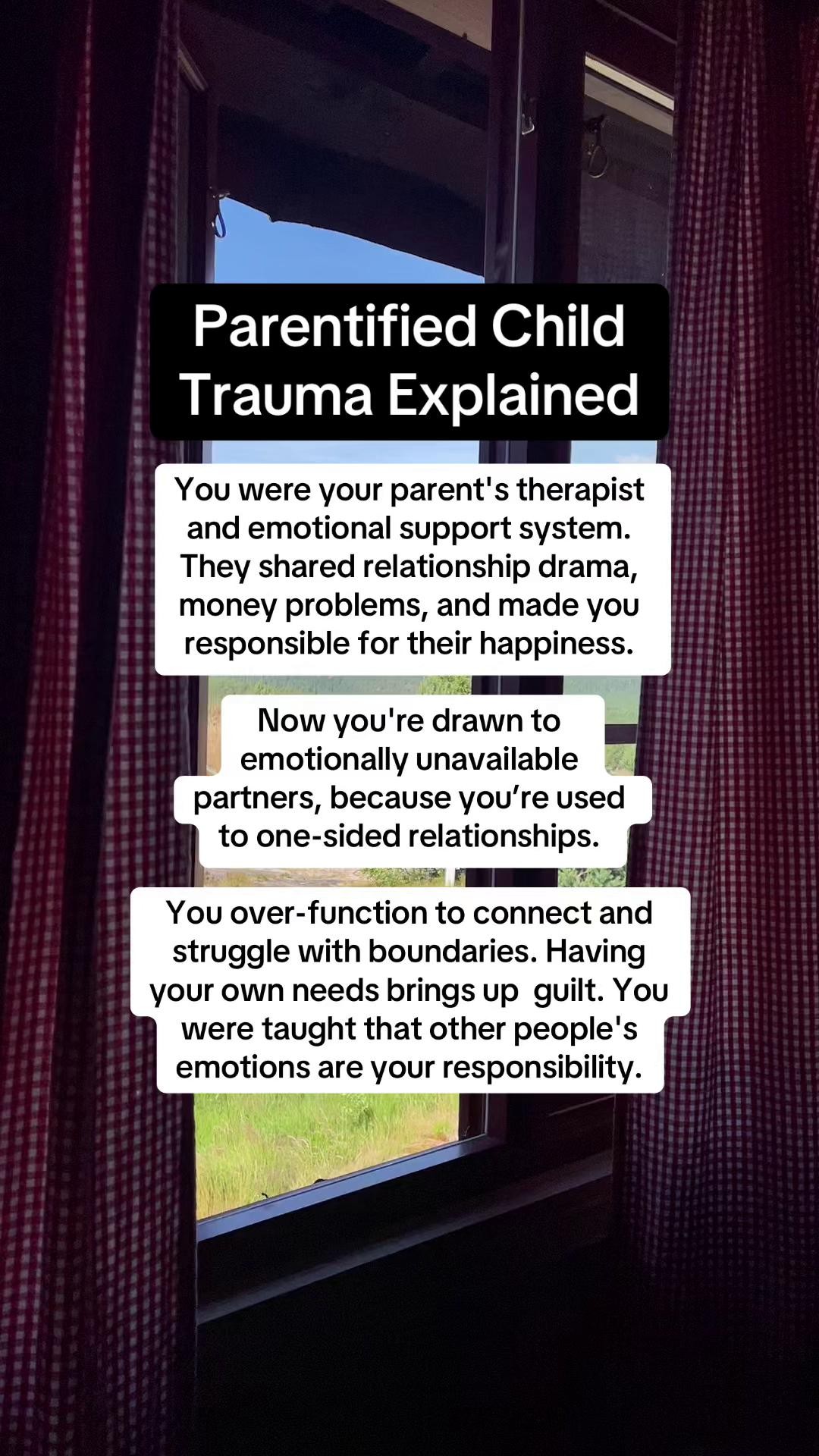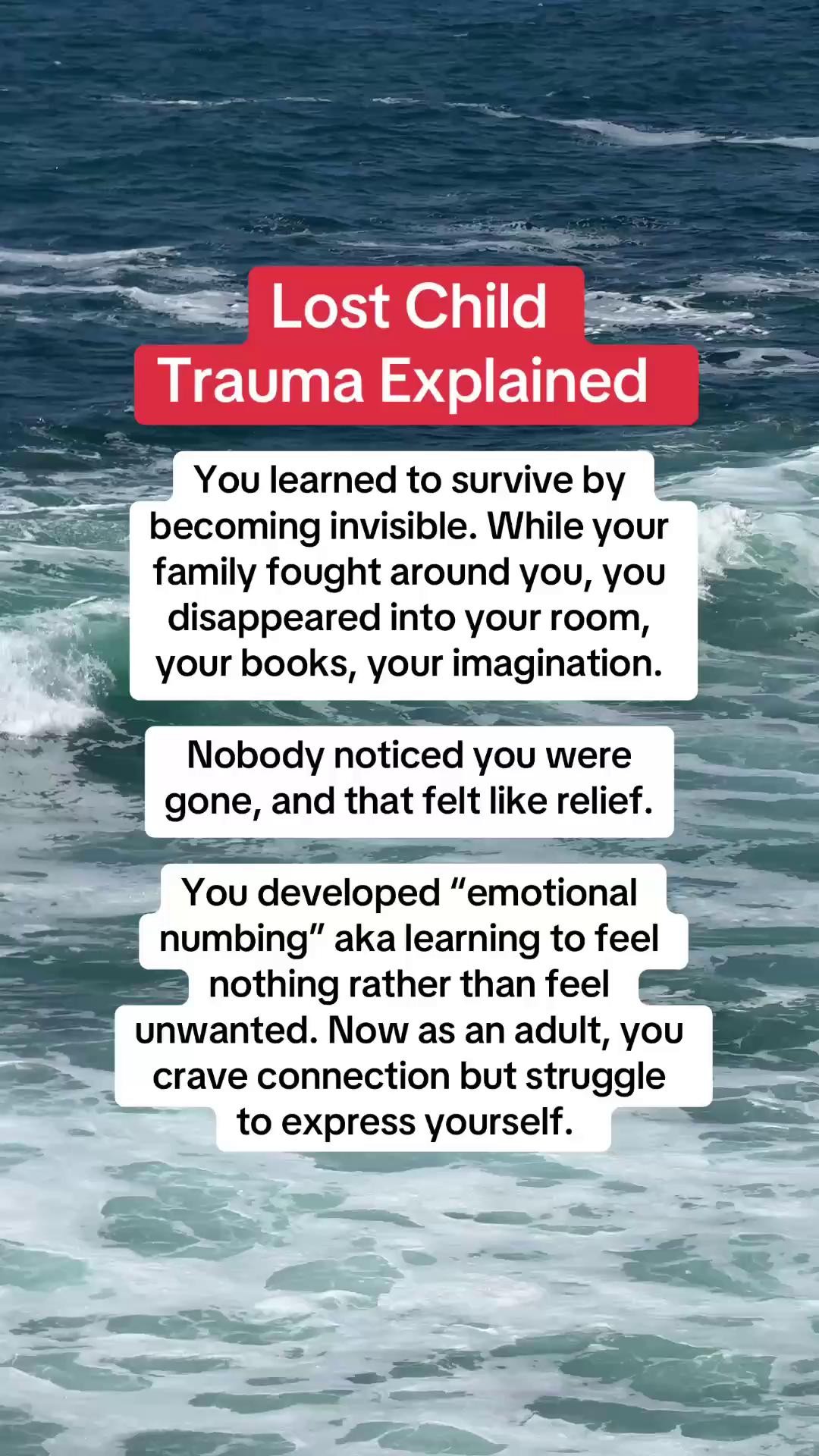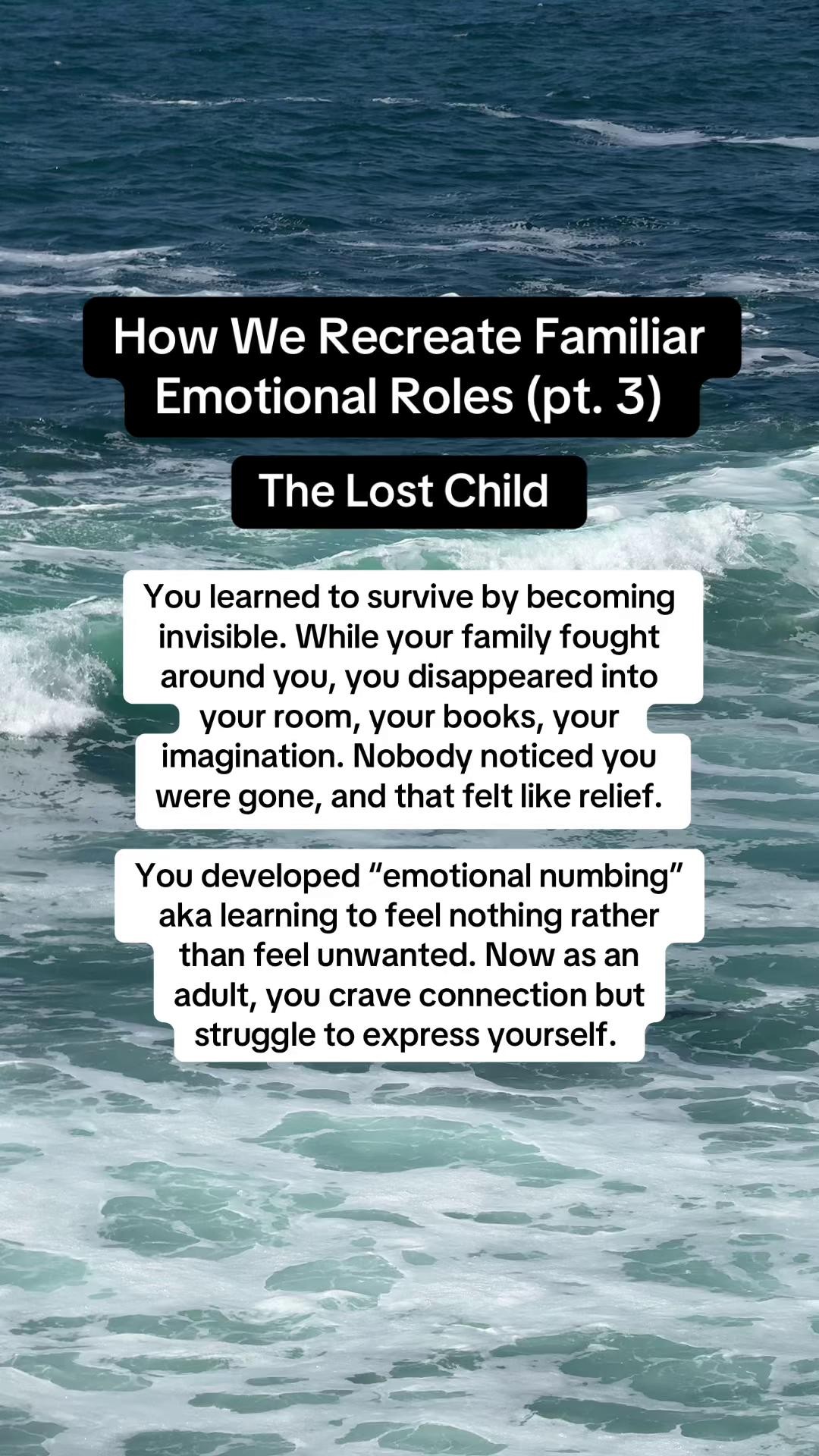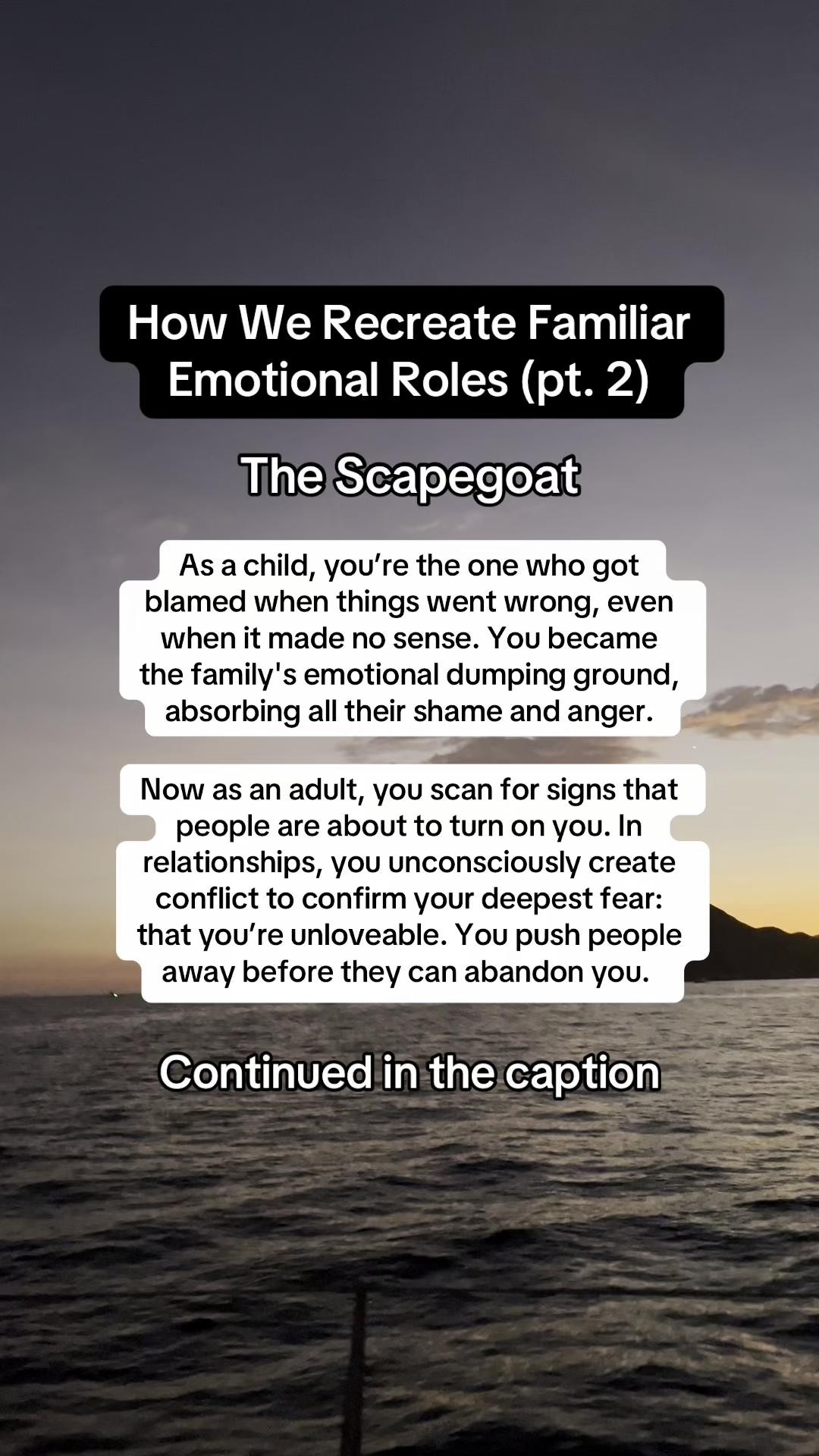How to Apologize Without Saying Sorry in a Relationship?
Apologizing in a relationship can be complicated. Sometimes, saying “sorry” feels too small for the situation. Other times, it’s been said so many times that it’s lost meaning. A real apology isn’t just about checking a box—it’s about understanding, taking responsibility, and making things right in a way that actually matters.
The good news? There are ways to apologize that go deeper than just saying the words. Learning how to apologize without saying sorry can help you rebuild trust, show your partner you truly care, and strengthen your connection in the process.
Building the Foundation for Apologizing Without Saying Sorry
Understanding how to apologize effectively is essential for a healthy relationship. Apologies aren’t just about admitting fault—they’re about showing your partner that their feelings matter and that you’re committed to improving. Instead of focusing on saying the right thing, focus on making them feel heard and valued.
Understanding the Importance of Empathy in Apologies
A good apology starts with That means stepping outside of your own perspective and genuinely trying to understand how your partner feels. Sometimes, the most frustrating part of conflict is feeling unheard. When you acknowledge your partner’s emotions, it reassures them that their feelings are valid.
Instead of a quick, “I’m sorry,” try saying something like, “I can see why that upset you. I didn’t mean to hurt you, but I understand why you feel that way.” This small shift makes a big difference because it focuses on their emotions rather than just your words. Acknowledgment alone can help de-escalate a tense situation. Small actions—like putting your phone down, making eye contact, or offering a comforting touch—can reinforce that you’re present and that you care.
Why Taking Responsibility Strengthens Your Apology
A real apology takes ownership. The worst thing you can say in an apology is, “I’m sorry you feel that way.” That’s not an apology—that’s dodging responsibility. A better approach is to acknowledge your role in what happened by saying something like, “I should have handled that differently,” or “That was my mistake, and I take full responsibility.” Instead of getting defensive or explaining why you didn’t mean to hurt them, simply recognize the impact of your actions and express a willingness to do better. When you take full responsibility for how your words or actions affected your partner, it strengthens trust and helps them feel heard.
Building Trust Through Actions Rather Than Words
Saying the right thing is important, but actions carry more weight. If your partner has heard “sorry” too many times without seeing change, the words won’t mean much. One of the best ways to rebuild trust is through follow-through. If you forgot something important, don’t just apologize—make an effort to make it up to them by planning something thoughtful. If you spoke out of frustration, don’t just promise to be better—actively work on changing that pattern by being mindful of your tone and taking a pause before reacting. The real proof of an apology is in what happens next.
Ways to Apologize in Relationships Without Using the Word “Sorry”
Sometimes, an apology needs more than words. Here are ways to express regret and take responsibility—without using the word “sorry.”
Show Empathy to Strengthen Your Apology
When your partner is upset, they don’t just want to hear that you regret what happened—they want to know that you understand why it hurt them. Acknowledging their perspective goes a long way in making them feel heard. Instead of dismissing their emotions, saying something like, “I see why that was upsetting,” or “I understand why that hurt,” can make all the difference. It reassures them that their feelings matter to you.
Even non-verbal gestures—like offering a reassuring touch or simply giving your full attention—can communicate just as much as words. Being fully present, nodding while they speak, or offering a warm hug when appropriate, are simple yet effective ways to show emotional connection and care.
Take Responsibility to Rebuild Trust
The difference between a surface-level apology and a meaningful one is whether or not it includes personal accountability. A weak apology sounds like, “I didn’t mean to,” while a strong one shifts focus to their experience and the impact of your actions, such as, “I should have been more thoughtful about how that would affect you.” Taking responsibility means acknowledging the harm done, regardless of what your intentions were, and making it clear that you care enough to make changes.
Express Regret and Make Amends Thoughtfully
A real apology isn’t just about feeling bad—it’s about making things better. Instead of just saying you regret something, show it through your actions. If you forgot something important, don’t just say you’ll do better next time—actually take the initiative to fix it, plan something special, or offer support in another way. If you spoke harshly, balance that with extra kindness, warmth, and patience. Words alone don’t fix things—consistent effort does.
Use Humor Carefully to Lighten the Mood
Humor can help soften tension, but only if it’s done with sensitivity. If your partner is still hurt, joking about the situation too soon might feel dismissive rather than comforting. However, when the moment is right, a lighthearted comment can serve as a reminder that your connection is stronger than the argument. The key is using humor to bring you closer, not to make light of their feelings.
Recognizing and Owning Your Mistakes
An apology without ownership is empty. The most meaningful thing you can say is, “I was wrong.” Instead of excusing what happened, acknowledging your mistake by saying, “I realize now how that came across, and I should have been more careful with my words,” makes the apology feel real. This level of honesty shows that you are taking the issue seriously and that you are genuinely invested in making things better.
Communicating Your Intentions to Make Things Right
A great apology doesn’t stop at “I won’t do that again.” It includes a clear effort to show how you’ll make sure it doesn’t happen again. If you forgot something important, instead of simply apologizing, let your partner know that you’ve set a reminder or made adjustments to ensure it won’t be overlooked next time. If you spoke out of frustration, acknowledge it and express a real effort to work on emotional regulation. When your partner knows you’re taking active steps to change, they’ll feel more confident in moving forward.
The Power of Active Listening in Strengthening Apologies
A strong apology doesn’t just include what you say—it also includes how well you listen. Instead of defending yourself, focus on making sure your partner feels heard. Letting them speak without interruption and acknowledging their emotions with phrases like, “That makes sense,” or “I hear what you’re saying,” allows them to fully process the situation and reinforces that you care.
Small Gestures That Show You Care and Value Your Partner
Sometimes, an apology isn’t about words at all. Small but thoughtful gestures can speak volumes—like leaving a kind note, making their favorite meal, or offering to take something off their plate when they’re overwhelmed. These little things show that you see them, you appreciate them, and you care.
Final Thoughts
Apologizing without saying “sorry” isn’t about avoiding responsibility—it’s about offering a more meaningful way to repair conflict. When you focus on empathy, accountability, and action, your apologies become more than just words. They become moments that actually strengthen your relationship.
Looking to improve how you communicate and navigate conflict in your relationship? Discover how OurRitual can help.







